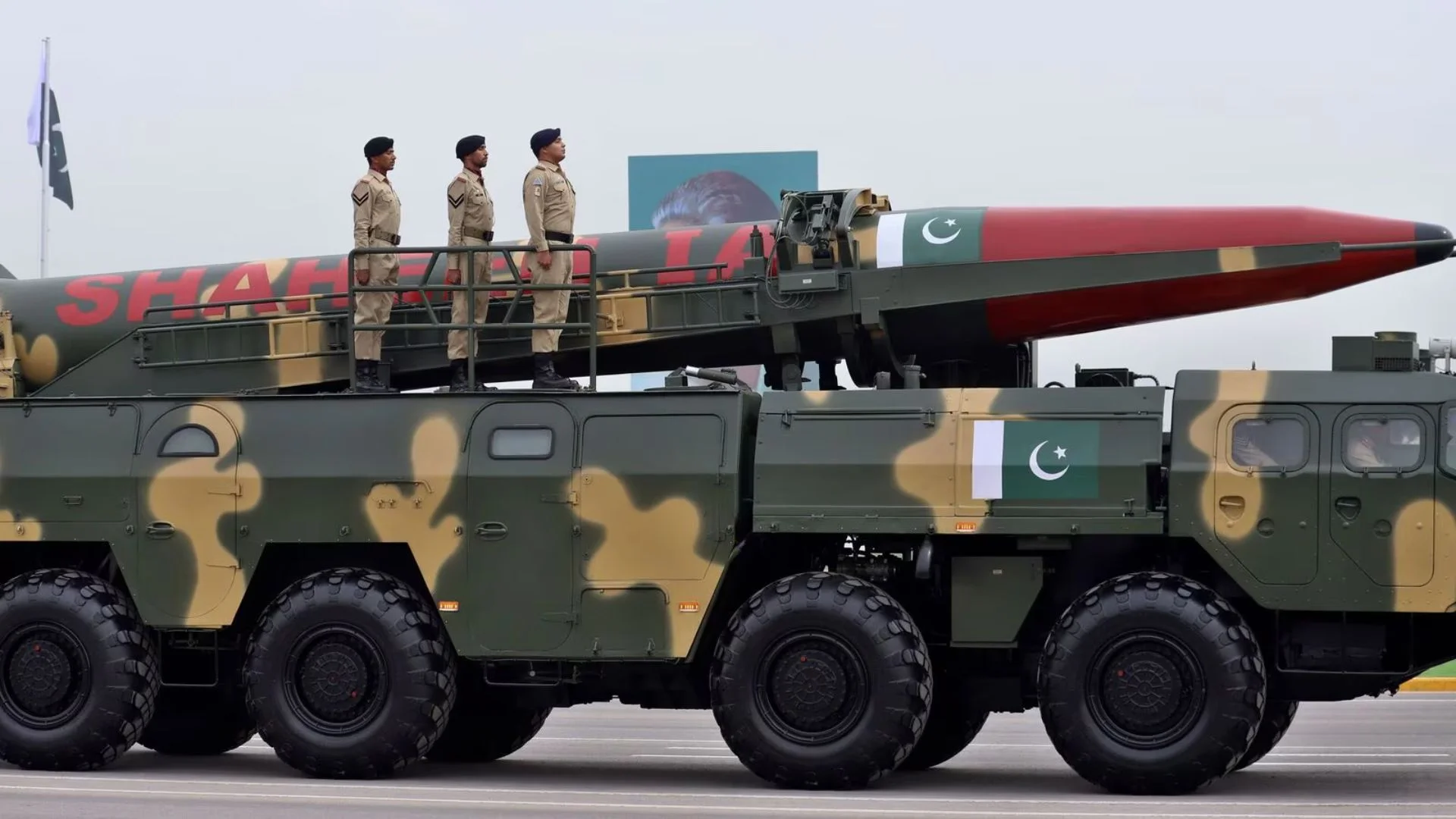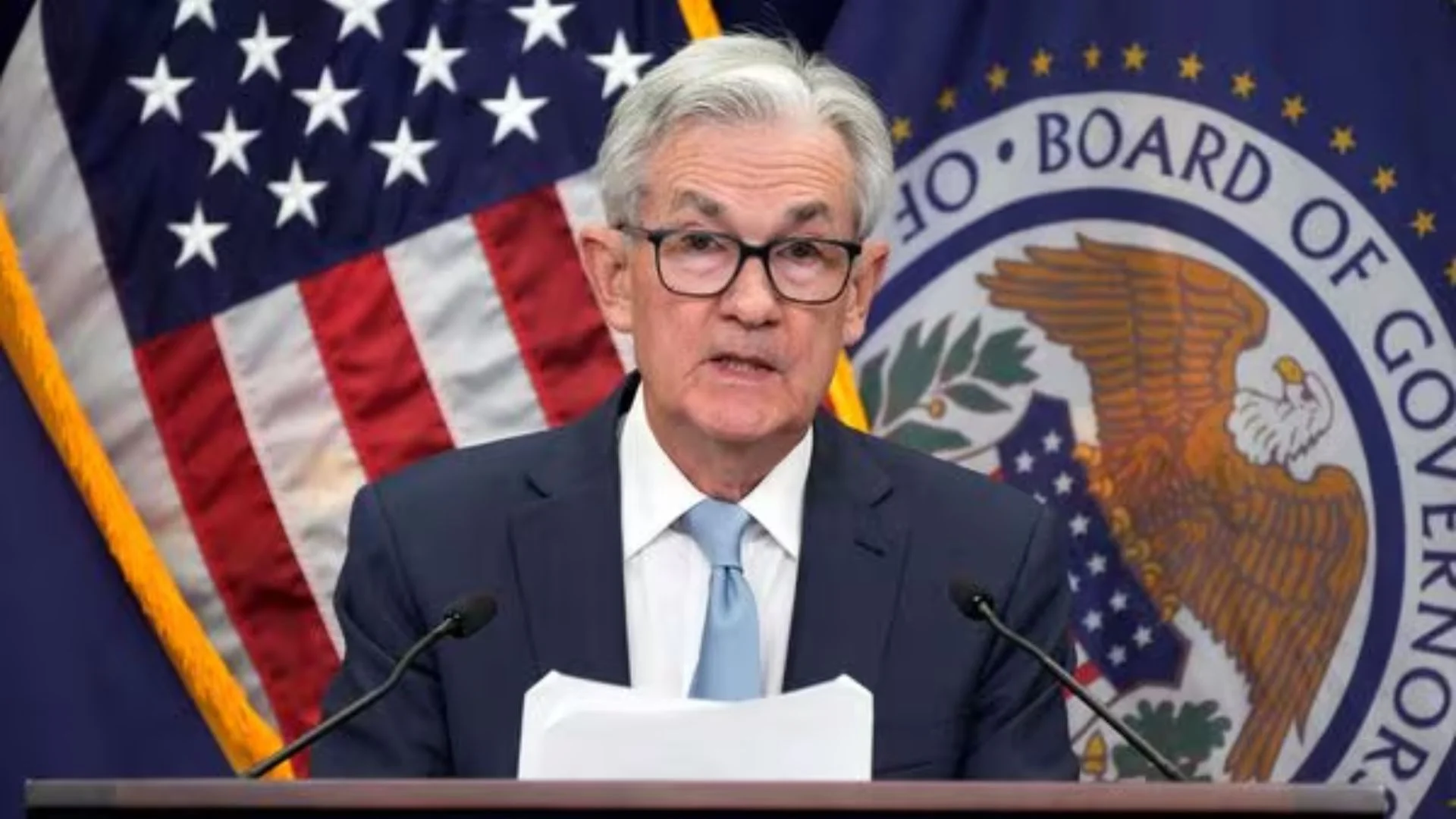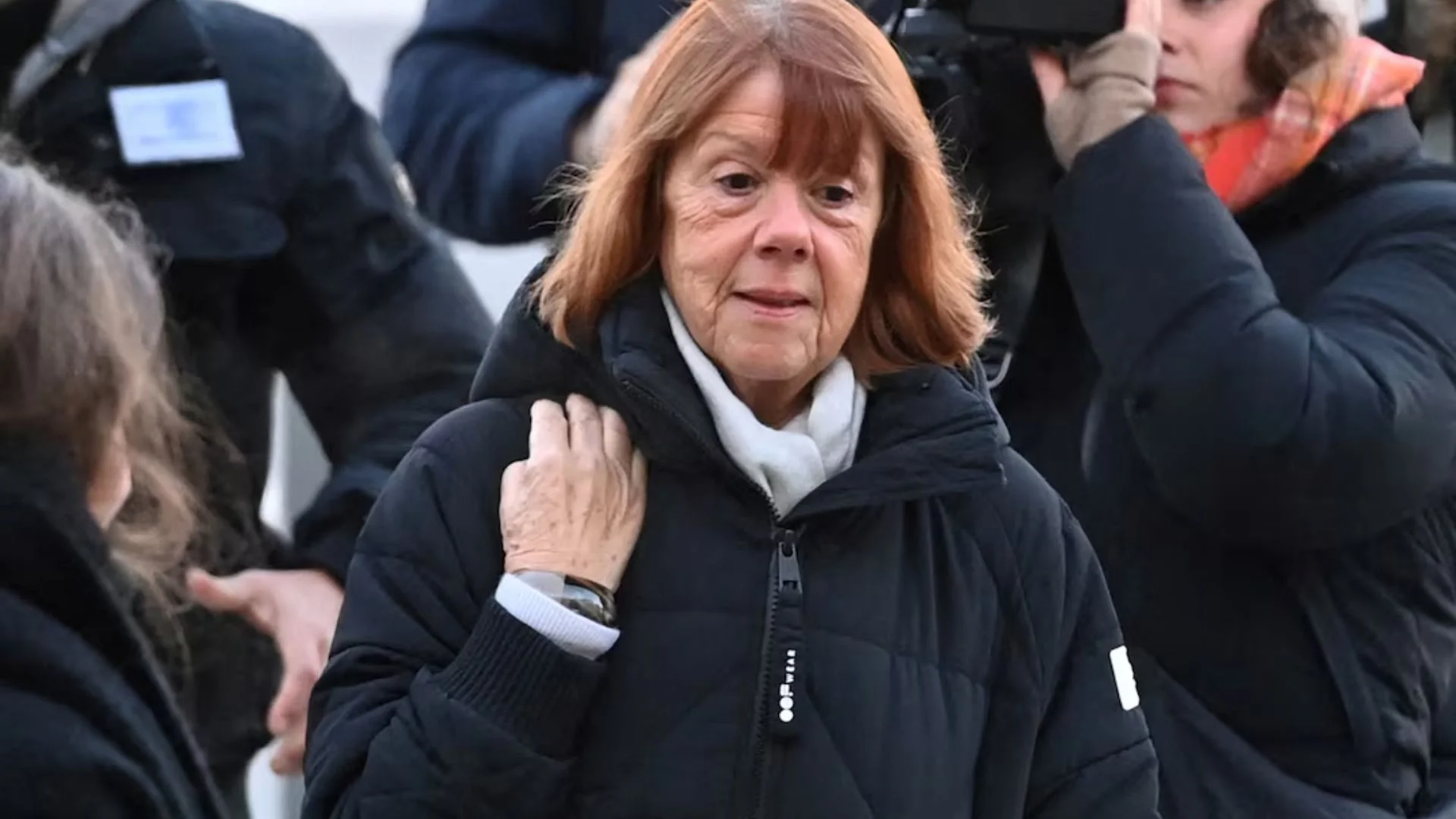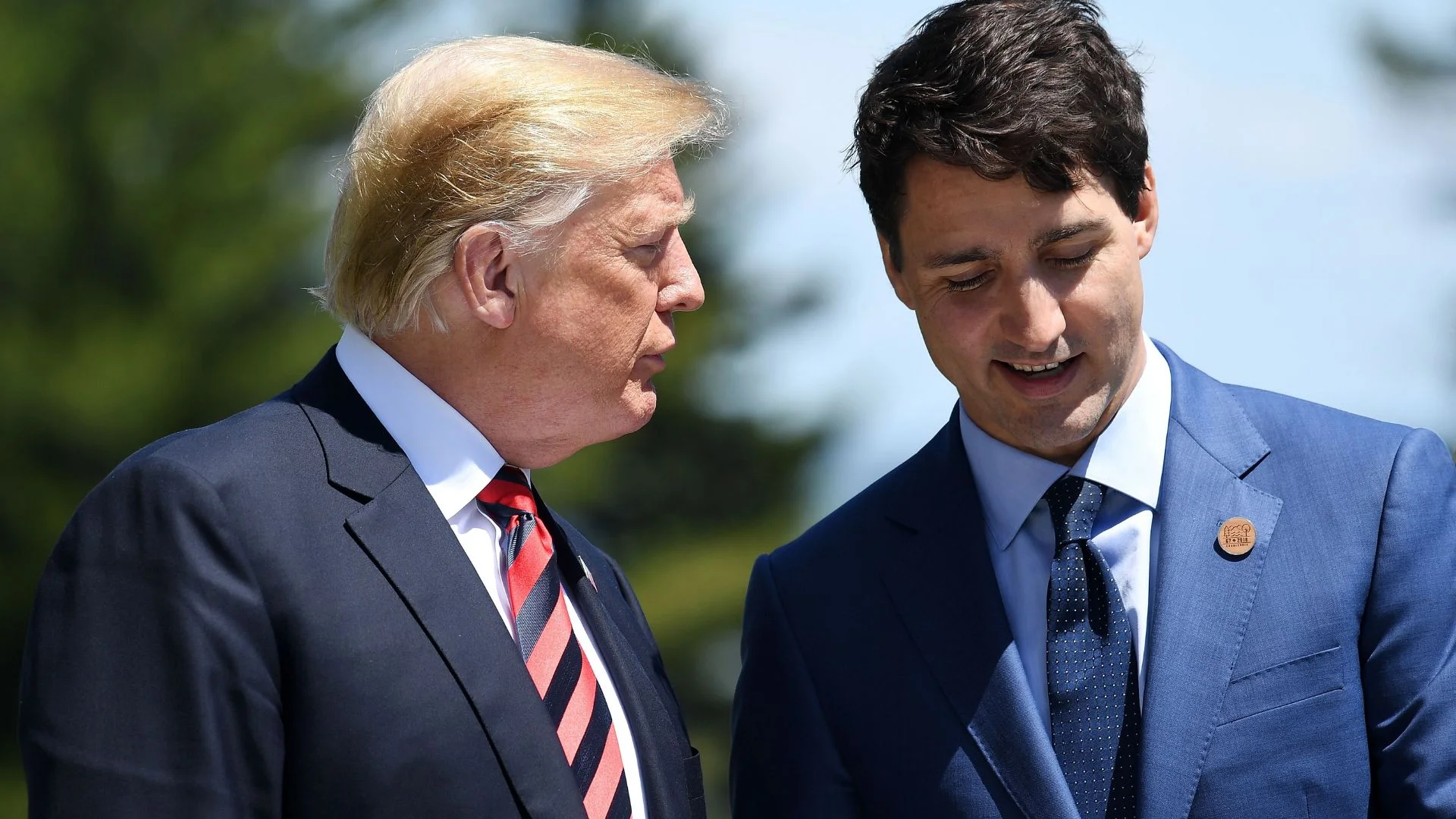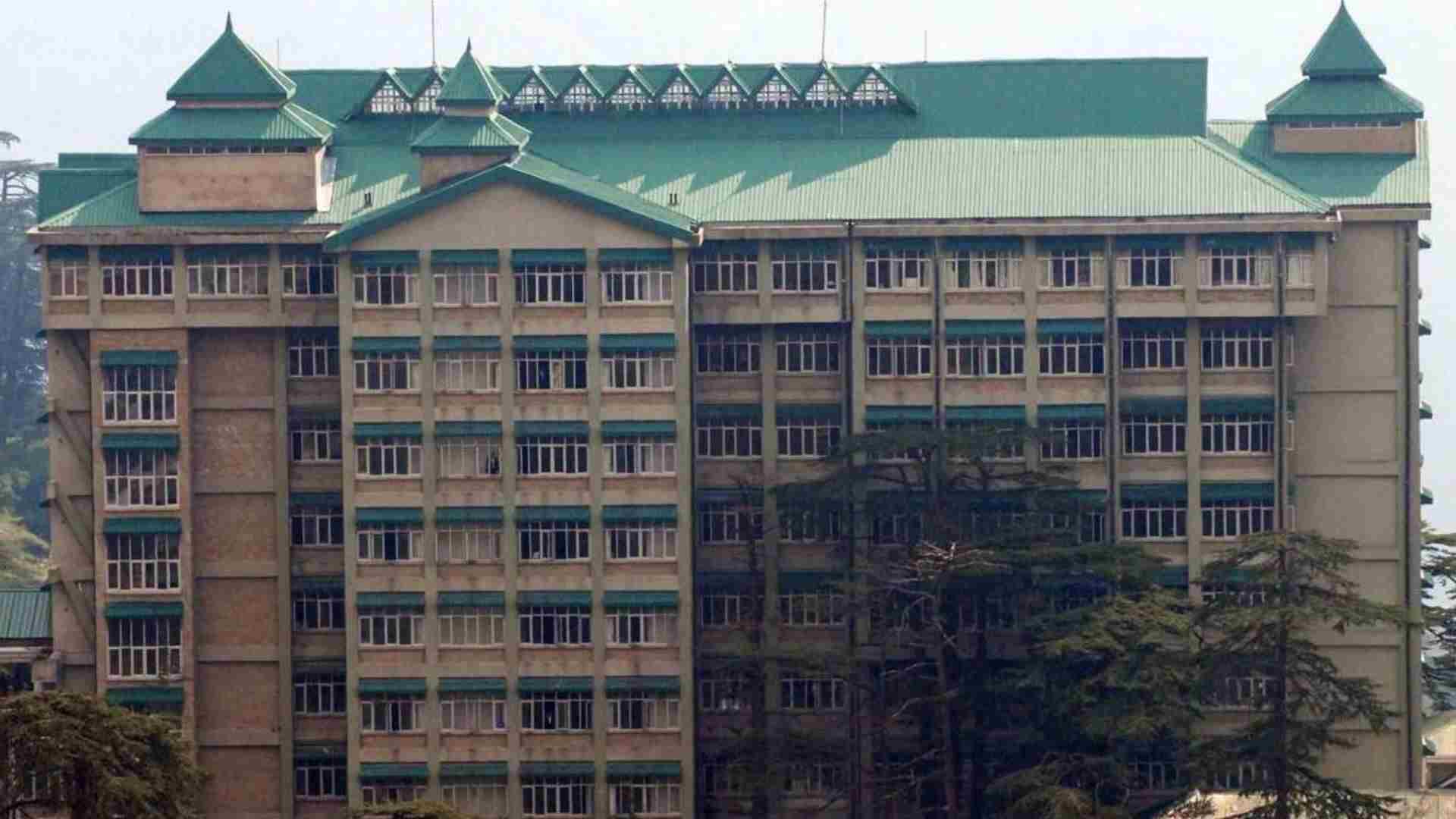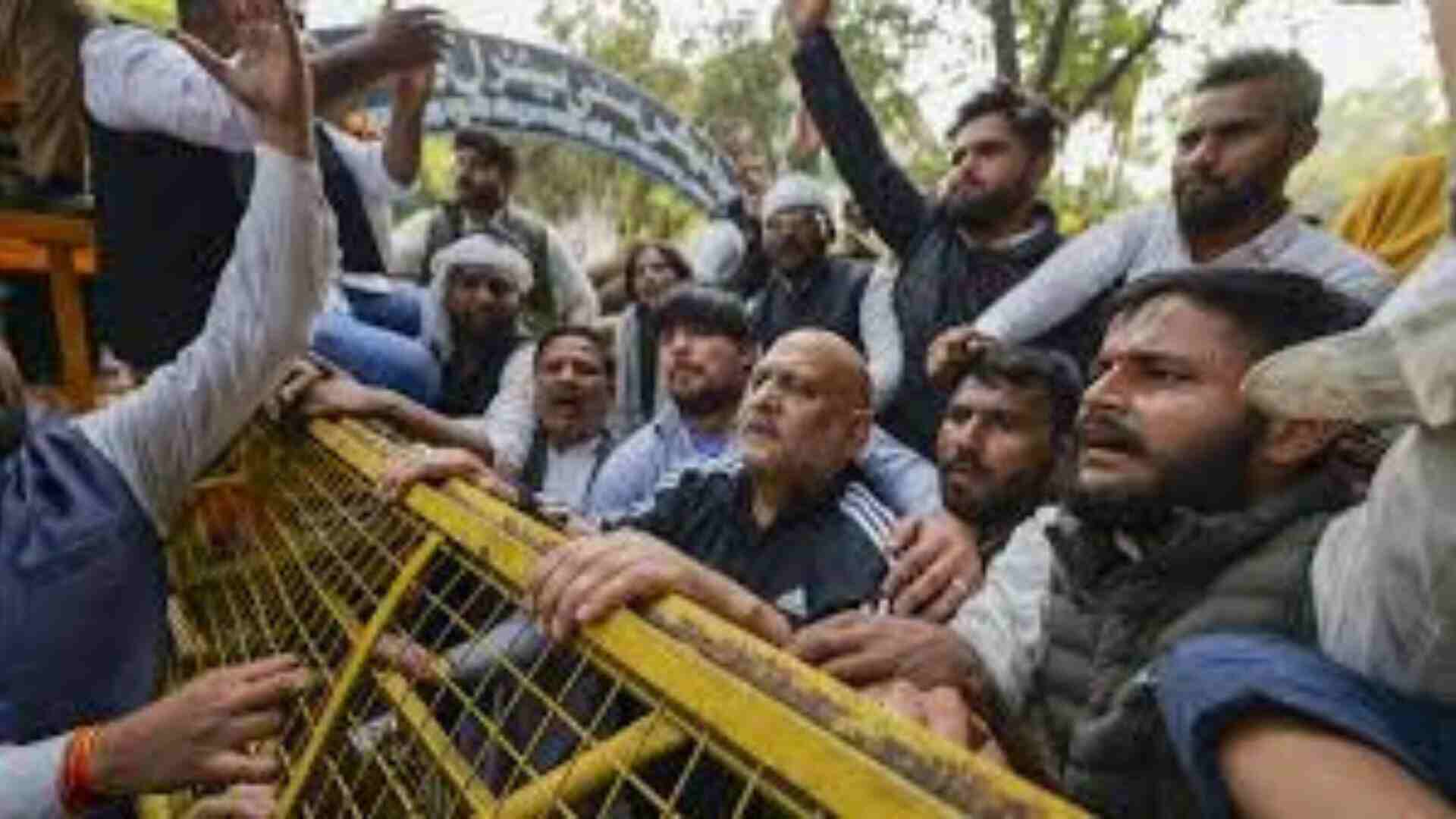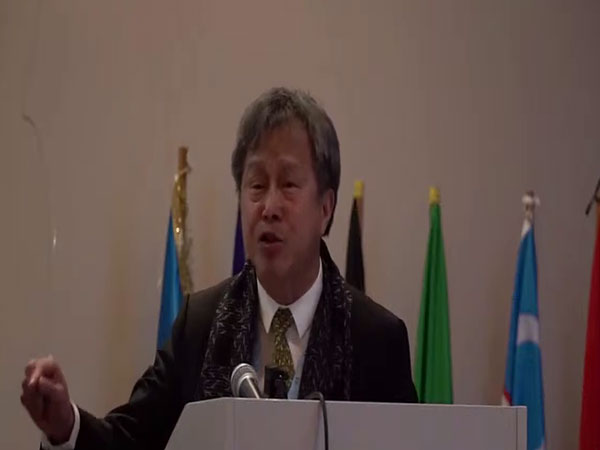
The Taiwanese Ambassador to Germany, Shieh Jhy-Wey, has brought attention to the grave injustices perpetrated by the Chinese Communist Party (CCP) in its occupied territories. Addressing the 20th anniversary of the World Uyghur Congress in Munich, he underscored the shared suffering of those in these territories and stressed the importance of unity.
In his remarks, Ambassador Shieh Jhy-Wey strongly criticized both China and the United Nations for their inaction despite being aware of the CCP’s human rights abuses. He pointed out that according to the UN Charter, a member persistently violating its principles should be expelled, implying that China should have faced such consequences long ago.
Highlighting the UN Charter’s principles, particularly Article 6 of Chapter 2, which allows for the expulsion of members violating its principles, he argued that as long as the CCP governs China, the country does not qualify as a suitable partner under the UN Charter.
Encouraging solidarity among those affected by CCP oppression, Ambassador Shieh Jhy-Wey emphasized the importance of mutual protection against the common enemy, the CCP, based on universal values.
Questioning China’s claims over its occupied territories, he challenged the notion that the Uyghur community is inherently Chinese, pointing to the violent efforts to assimilate them. He also questioned China’s historical narrative regarding Tibet, arguing that the PLA’s military conquest in 1950 undermines claims of Tibet’s intrinsic belonging to China.
Regarding Hong Kong, the ambassador raised concerns about the fate of its people, questioning the manner in which they were handed over to China in 1997 and highlighting the erosion of their rights since 2019. He condemned the treatment of Hong Kongers as akin to being treated as slaves rather than valued citizens in their own homeland.
